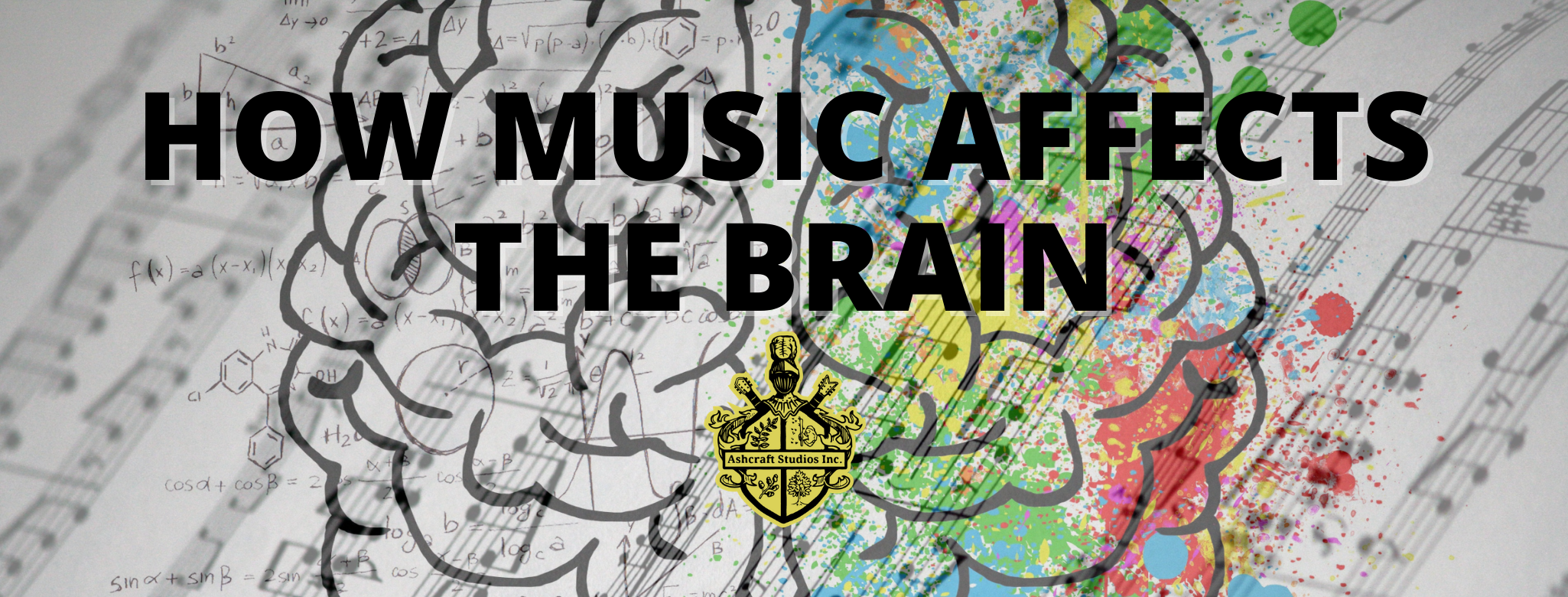|
Anyone who has felt music knows how much impact music can have on a person’s mood. Music can lift us and make us happy, or it can remind us of the hurt and pain we’ve experienced. But what is the science behind it? What about music makes us react so strongly? Let’s discuss this.
The Basics – How Do We Hear? Sound waves reach our ears and funnels into the eardrum via the ear canal. Once the waves hit the eardrum, the drum vibrates traveling down a network of tiny bones. The final bone, the stapes, connects to the cochlea, a fluid-filled space lined with 10 to 15,000 thousand hair cells called cilia. As the vibrations from the eardrum pass through the bones and enter the cochlea, the fluid causes the cilia to sway and release chemical neurotransmitters activating the auditory nerve. Remember those neurotransmitters, we’ll get back to that in a moment. Once the nerve is activated, small electrical currents are sent to the auditory cortex found in the temporal lobe of the brain. And that, my dear listeners, is how we can hear. Our Good Friend Dopamine So back to those neurotransmitters I mentioned earlier. The chemical neurotransmitter released by the cilia is known as dopamine. Does that sound familiar? Better known as the “feel-good hormone,” dopamine is responsible for all those good feels we get when we experience something pleasurable. That feeling you get when you fall in love or when you eat something truly delicious? Yep, that’s dopamine in action. A study performed by McGill University in Montreal showed that dopamine levels increased by 9% when volunteers listened to music they enjoyed. Interestingly enough, during the same study, researchers found that the level of dopamine varied depending on how much the listener enjoyed the music. Listeners who enjoyed the music and reported feeling a “chill,” otherwise known as musical frisson, exhibited higher levels of dopamine than with music they didn’t enjoy, or experience the “chills” with. Does music give you the chills? Hard as it may be to believe, some people never feel that “chill” when they listen to music. Amusia is a disorder, often referred to as “tone-deaf” in which an individual is unable to observe any differences between pitch and tone. It is estimated that about 1 in 20 people are affected by this disorder and may be present from birth or the result of an injury. Join me next week as I keep the conversation rolling. Does genre matter? Never miss a thing and join our mailing list today.
Stay Connected. Follow us on Social Media.  
0 Comments
Leave a Reply. |


 RSS Feed
RSS Feed
